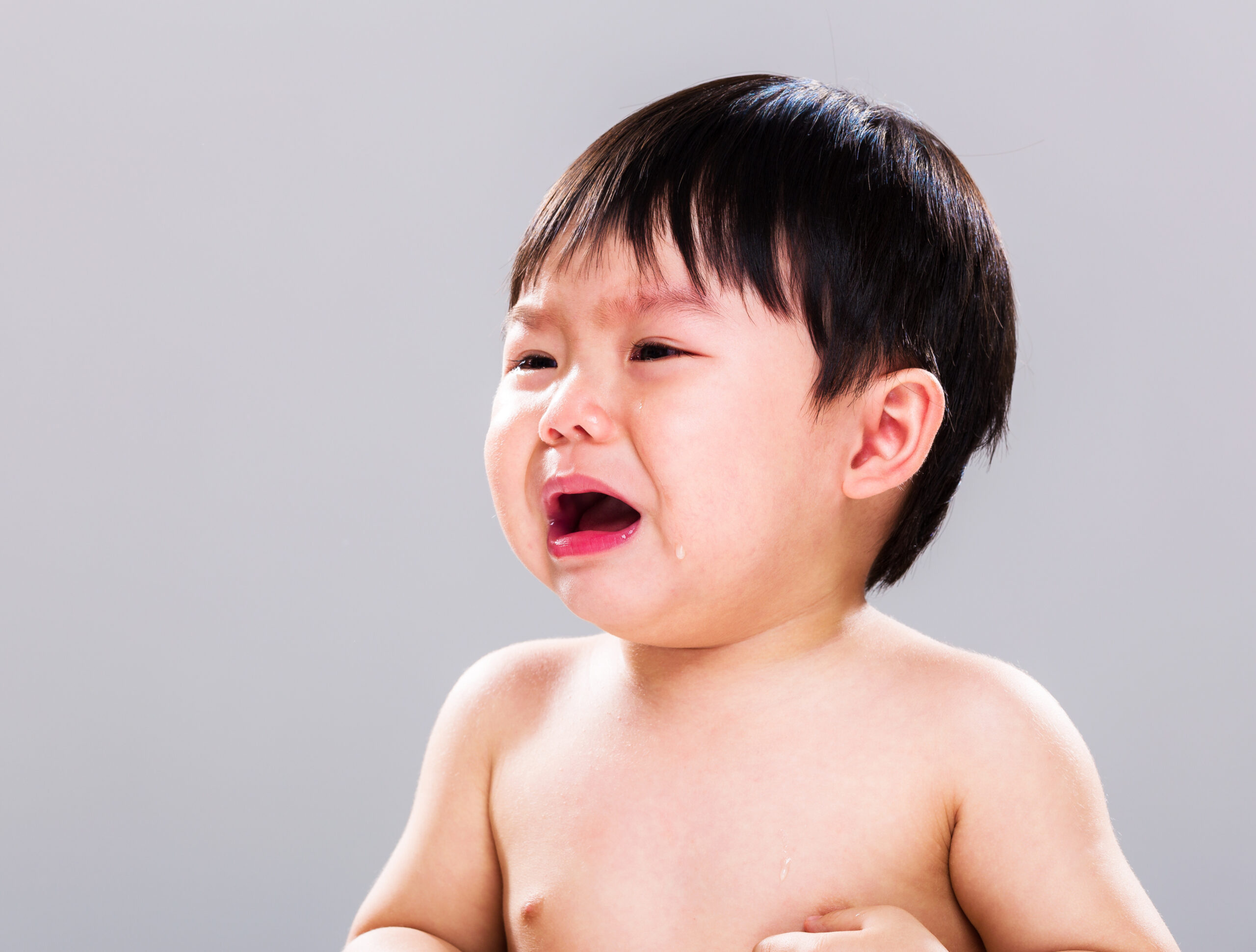Apr 14, 2025

"Pneumonia" refers to inflammation of the lung tissue, including the airways and alveoli, leading to reduced respiratory function and impaired gas exchange in the alveoli. In some children, symptoms can become severe, resulting in disability or death—especially in young children or those with pre-existing conditions such as congenital heart disease or chronic lung disease.
Generally, pneumonia can affect people of all ages, from newborns to the elderly. However, in children, it is considered one of the most dangerous diseases. Statistically, pneumonia is the leading cause of death in children under 5 years old. This is because when children catch a cold, complications can easily spread to the lungs and progress to pneumonia. Their smaller, narrower airways make it harder to clear mucus compared to adults. Other factors, such as the type of pathogen, immune status, and initial care, also influence the development of pneumonia.
Pneumonia is caused by infection from bacteria, viruses, or fungi. Transmission occurs through:
Inhaling pathogens present in the air.
Direct exposure to coughs or sneezes.
Close contact with pneumonia patients.
Aspiration of bacteria normally found in the nose or throat (common in children with disabilities or weakened immunity).
Fever, cough with phlegm.
Rapid, labored breathing (chest or rib retractions during inhalation).
Lethargy, refusal to breastfeed or drink milk.
Seizures due to high fever (in severe cases).
Avoid taking children to crowded areas or close contact with sick individuals.
Maintain a clean home environment.
Avoid exposure to cigarette smoke, fire smoke, vehicle exhaust fumes, or extreme cold.
Wash hands frequently.
Ensure children receive vaccines against pneumonia-causing pathogens:
Flu vaccine (influenza).
Pertussis (whooping cough) vaccine.
Pneumococcal and Hib vaccines (protect against bacterial pneumonia).
Critical for high-risk children: Those without a spleen, nephrotic syndrome, chronic diseases (kidney failure, heart disease, lung disease, diabetes), or immunodeficiency.
Pneumonia in children is common and can lead to respiratory failure in severe cases. If you suspect your child has symptoms of pneumonia, seek medical care immediately for timely treatment.


